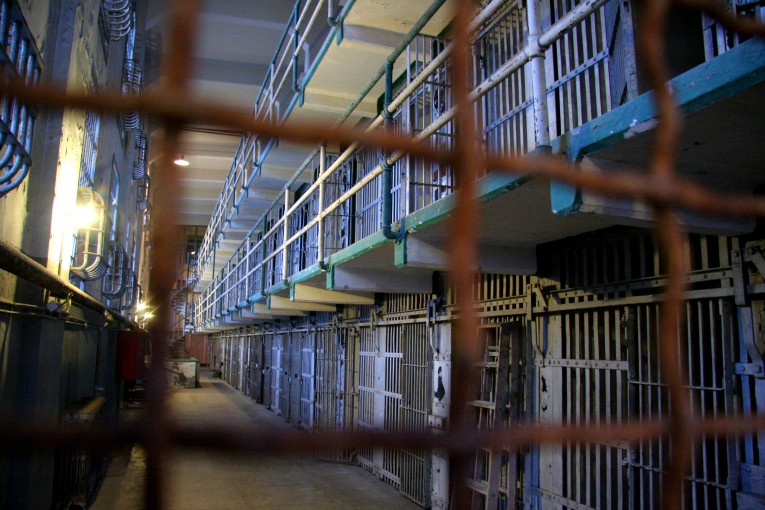
 By Srimathi Kannan and Neha Malhi
By Srimathi Kannan and Neha Malhi
SAN FRANCISCO, CA – The American Civil Liberties Union of Northern California has noted that because of the global pandemic, mass incarceration has not improved, and San Francisco may be in danger of falling back into criminalizing and incarcerating.
The murder of George Floyd by Minneapolis police demanded justice by an intergenerational mass movement, said the ACLU, stressing that strategies needed to fix the problem may be forgotten in a drive to protect public safety.
San Francisco is not an exception to that anxiety, said the ACLU, noting the summer protests of 2020 displayed a shift in messaging, emphasis, and the policy requirements of Mayor London Breed, added the ACLU.
Important measures have been adopted by Mayor Breed focusing on the health of the public by opening the linkage center and connecting the residents along with fast-tracking of hiring of public health workers, the ACLU said. 
However, the recent policy proposals of Mayor Breed and the San Francisco Police Department have been met with opposition from the ACLU and the ACLU of Northern California, which argue, “These misguided proposals are not prudent components in a balanced approach, and they are taking us down the wrong path.”
Abdi Soltani, Executive Director of the ACLU of Northern California, and Yasmin Cader, Deputy Legal Director at the ACLU, stated that “we will continue to fight any attempt to gut the San Francisco surveillance ordinance that ensures proper public oversight over police use of powerful surveillance with no guardrails.”
Soltani and Cader firmly believe that instead of allocating millions of dollars to the police department, San Francisco should be working to end the housing and public health emergency ravaging the Tenderloin.
The ACLU added, “Our neighbors in the Tenderloin and other systematically impoverished districts in San Francisco and throughout our nation deserve to be safe. But reverting to the tools of incarceration and over policing, and failing to build adequate community-based care strategies and strong, sufficient interventions will not bring these communities the systems of safety that they deserve.”
Soltani and Cader urged fellow residents to “not to succumb to the backlash and once again criminalize, surveil, and incarcerate. We have the power to choose our response: real solutions that increase equality and justice, and also safety.”
